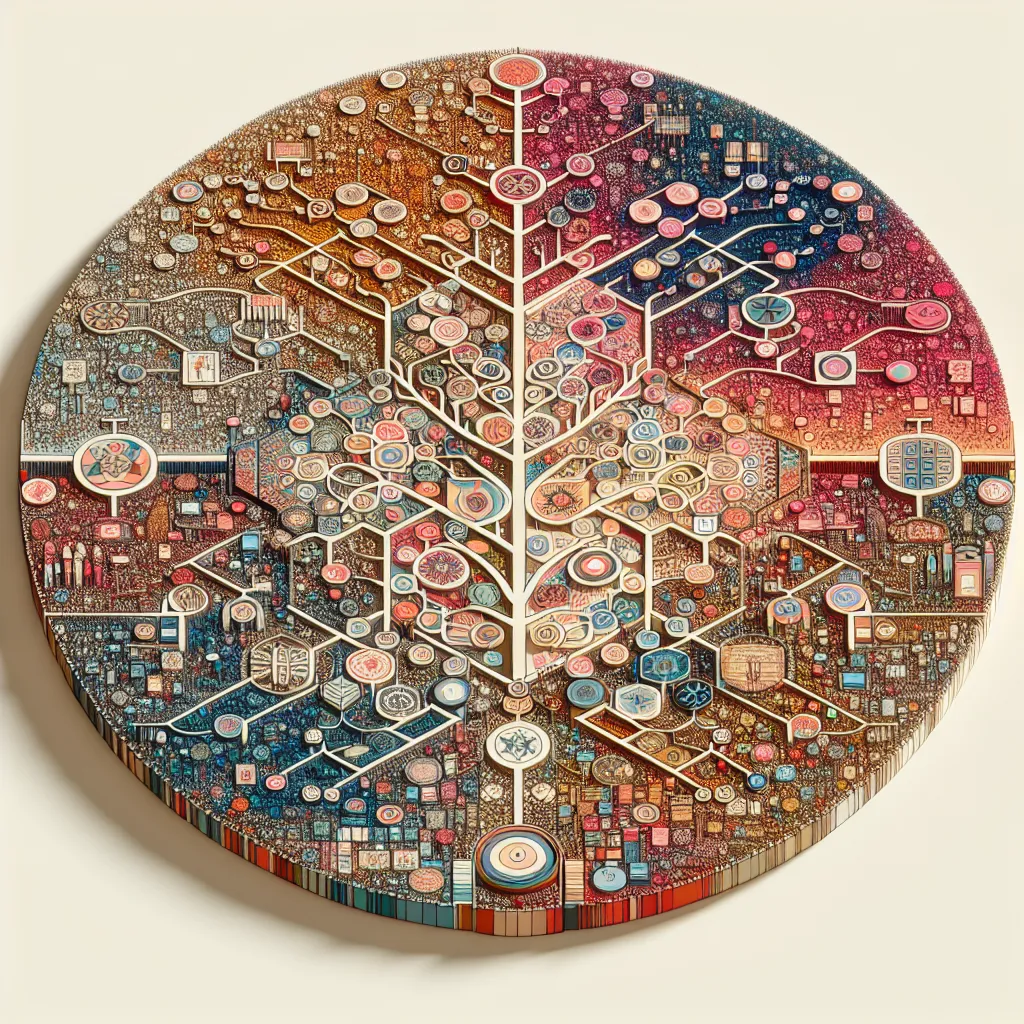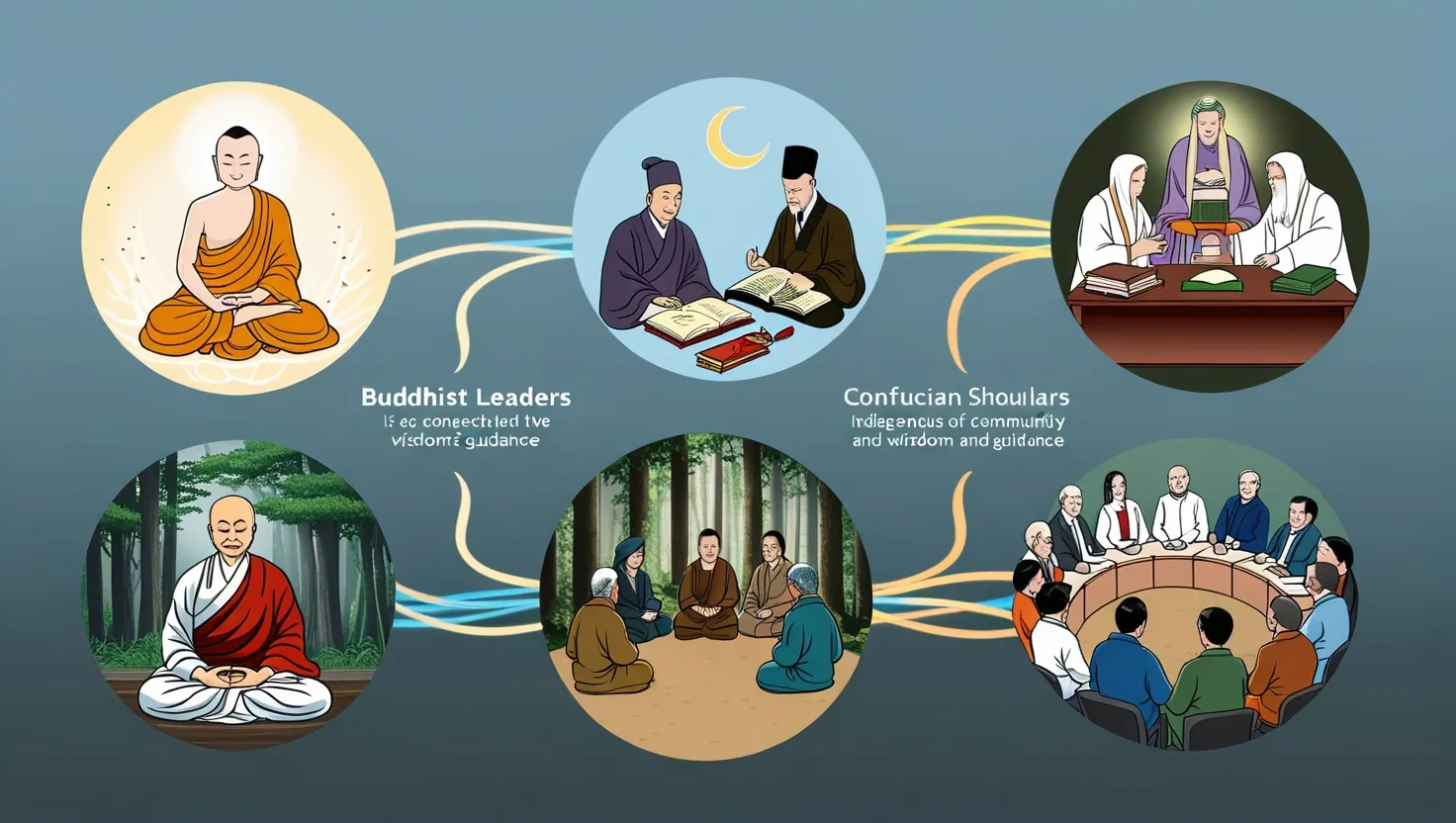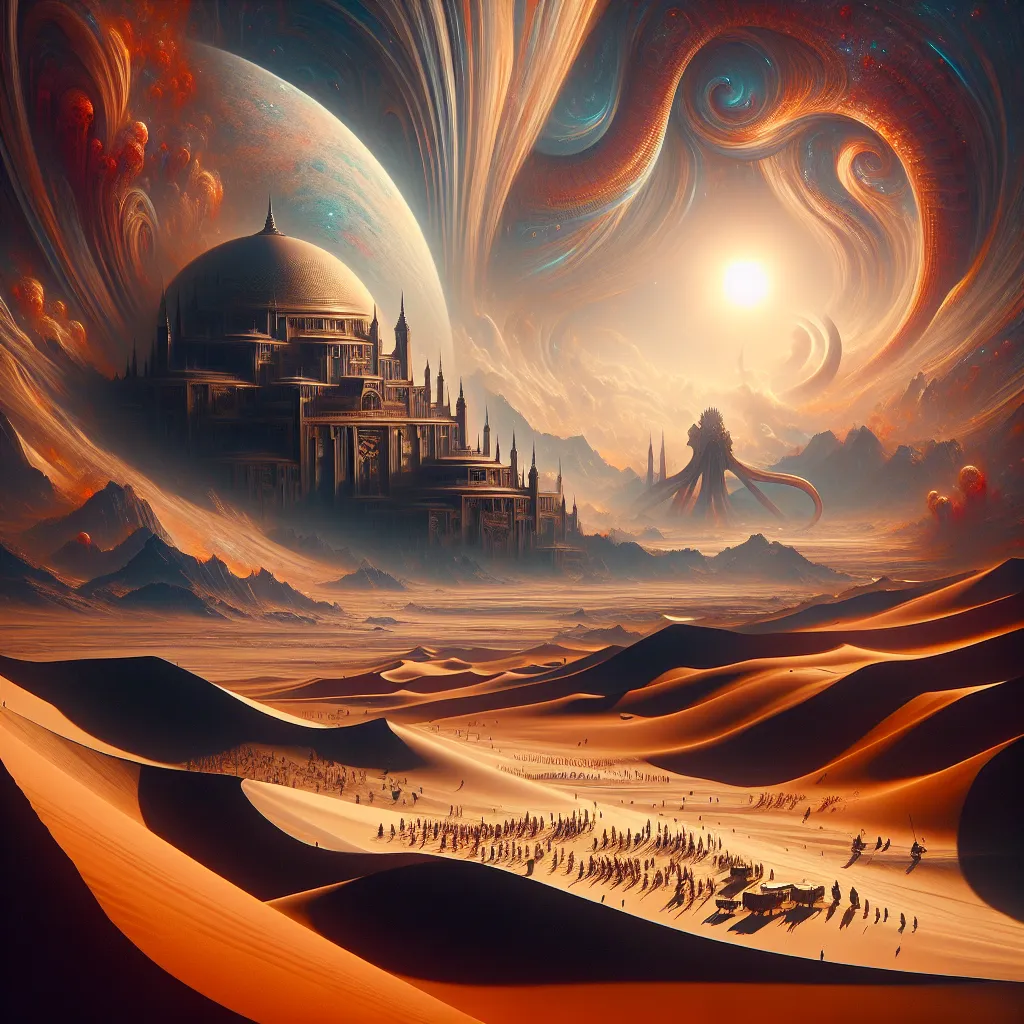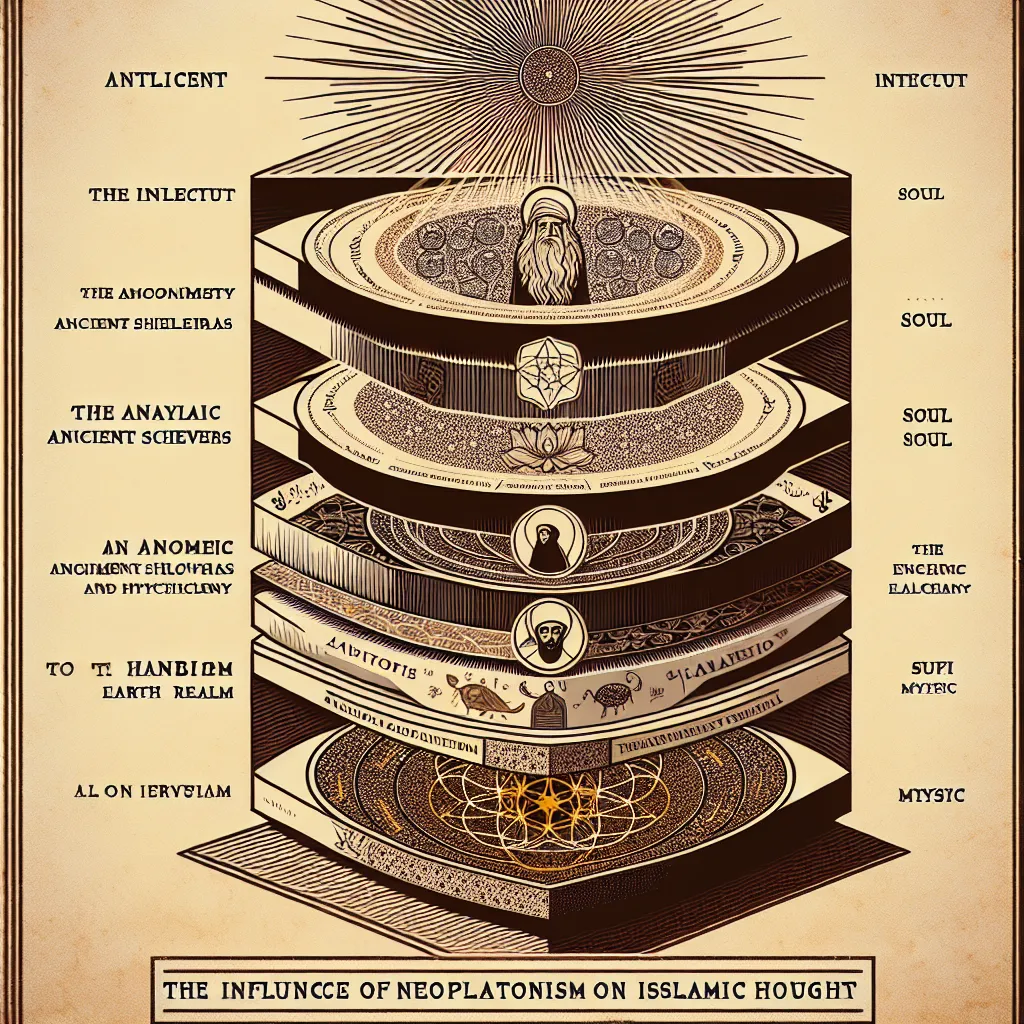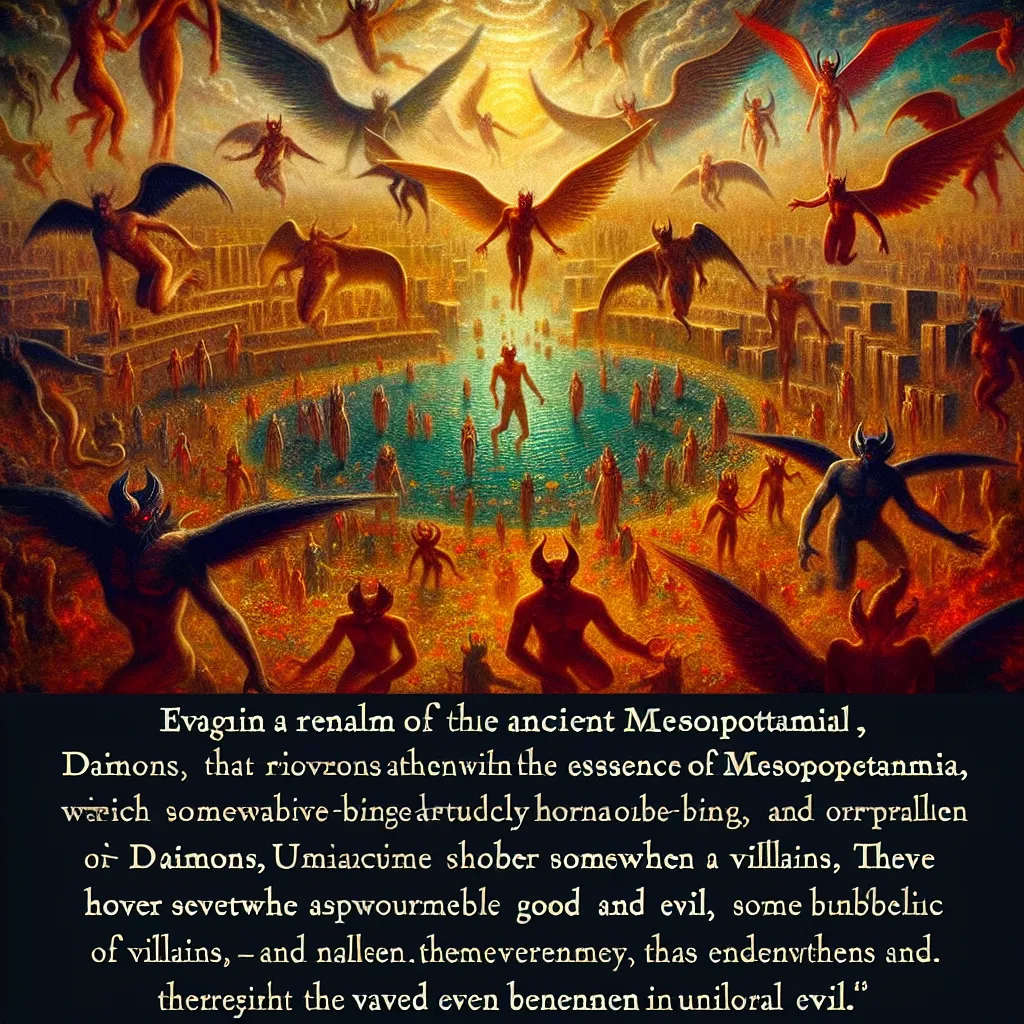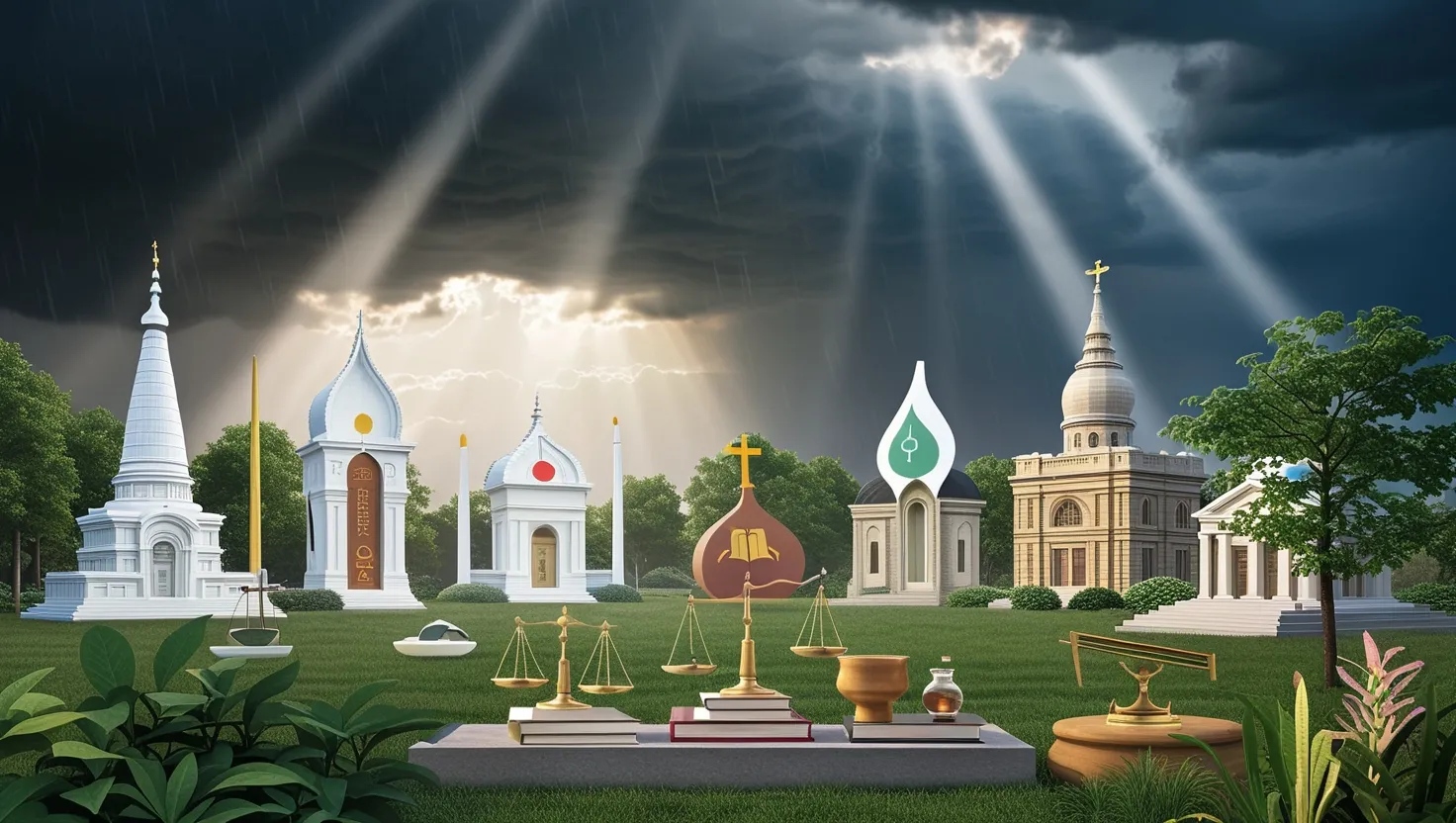When you dive into textbooks, religion often gets painted as this single, unchanging thing. It’s described in broad, sweeping strokes that portray it as a monolithic entity with set practices. But this perspective is misleading. Religions are far from uniform; they’re a tapestry of diverse branches and schools of thought.
Take Islam, for example. People frequently assert that “Islam stands for this” or “Muslims believe that,” but even foundational elements like the Five Pillars of Islam aren’t universally accepted. For instance, Ismaili Muslims, the second largest group of Shia Muslims, recognize Seven Pillars instead. Their pillars include guardianship, purity, and struggle, among others, diverging significantly from the mainstream view.
The misunderstanding intensifies when we consider how Islam evolved. Following the Prophet Muhammad’s life, there was a flurry of interpretations about the Quran. Early theological schools approached the text in varied ways, with some preferring rationalistic and metaphorical readings while others took a more literal stance. Over time, certain interpretations gained dominance due to historical factors, not because they were inherently more “correct.”
The divide between Sunni and Shia Islam is a classic example. It began with a succession dispute after Muhammad’s death. Sunnis and Shias developed distinct theological frameworks and practices. Yet, the dominant Sunni narrative often overshadows the Shia perspective, especially in educational materials. This reductionist approach neglects the profound diversity within Islam.
Shia Islam itself isn’t uniform. For example, Twelver Shia Islam, the main branch today, emphasizes a line of twelve Imams, believing the twelfth Imam is in occultation, destined to return. On the other hand, Ismaili Shia Muslims follow a different line of Imams, leading to unique rituals and philosophical outlooks.
Ismaili philosophy, for instance, values the esoteric (Batin) meanings of the Quran, arguing that the text’s deeper meanings are unveiled by the Imams. Their interpretation of revelation sees the Quran as a light received by Muhammad, not just Arabic words transmitted verbatim from God. This view contrasts sharply with the Sunni belief that the Quran eternally exists with God and was revealed to Muhammad in Arabic.
These nuanced interpretations highlight that religions are not static. They’re living, breathing entities shaped by historical contexts and internal debates. To say one interpretation is more valid than another is simplistic and potentially dangerous. Every branch and school of thought within a religion contributes to its rich, multifaceted identity.
So next time you read about a religion, remember that the surface-level portrayal hardly scratches the complexity beneath. Religion isn’t a monolith. It’s a kaleidoscope of ideas, practices, and beliefs, each deserving recognition.
